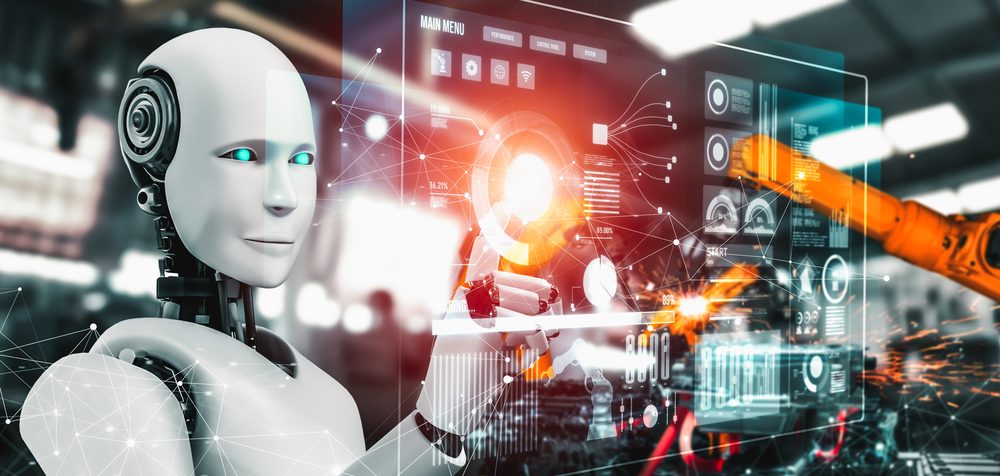
Norse Atlantic Airways has partnered with Avinxt to use AI robots to perform regular maintenance functions, such as de-icing and washing. The airline points out that the use of this technology will both reduce carbon emissions, operational costs, and adverse environmental impacts.
“The solution from Avinxt is one of several initiatives that can help us reduce our carbon footprint while at the same time reducing our costs. That is a win-win,” said Norse COO Thom-Arne Norheim. “At Norse Atlantic, we are always keen to explore intuitive partners and find solutions to automate and streamline our operations, allowing us to be more efficient, punctual, and cost-effective, particularly during winter operations.”
The use of Avinxt’s robots has been shown to result in a 2% reduction in fuel burn, while regular engine washing further contributes to a 1.8% decrease in overall fuel consumption. The robot will also use cameras and AI to perform a precision check on the airframe, checking for any damages – slashing inspection times by 90%.
During aircraft de-icing, the robot is able to collect 90% of glycol used in the process, which not only reduces costs for airlines but also makes a significant environmental impact. Avinxt has plans to establish a location right at the airport to collect and recycle these fluids, thus avoiding the need for their transport.
“Recycling of liquids on site not only reduces the cost for airlines that need to de-ice their planes before take-off, but it also adds significant environmental benefits. Our calculations show that by collecting and recycling all liquids used, you can save as much as 1,800 kilos of CO2 per de-icing of a Boeing 787 Dreamliner,” said Trøen. “There is no reason why airports, airlines, the air force, and ground handlers should continue with manual, time-consuming, and expensive processes when we can do it faster, better, more environmentally friendly, and more cost-effective by using new technology.”
